Now Reading: 10 Richest Nigerian Banks in 2025 (Ranked)
-
01
10 Richest Nigerian Banks in 2025 (Ranked)
10 Richest Nigerian Banks in 2025 (Ranked)

Nigeria’s banking industry has been through storms, sunshine, and seismic reforms. From the colonial-era origins of First Bank to the pan African ambitions of Ecobank and Access Bank, each institution has carved a biography worth studying.
As of 2025, the ten richest Nigerian banks collectively control assets of more than ₦218 trillion, cementing their place not only as financial giants but as historical actors shaping Nigeria’s destiny.
This biography-style article chronicles the stories of these 10 richest Nigerian banks in 2025, ranked by their total assets and influence.
1. Ecobank Nigeria: The Pan-African Titan (₦44.53 trillion in assets)

Born in the mid-1980s under the vision of creating an African owned multinational bank, Ecobank has grown into a titan. Its Nigerian arm, Ecobank Nigeria, remains its crown jewel, with assets valued at ₦44.53 trillion in 2025.
The journey: Founded in Lomé, Togo in 1985, Ecobank came into Nigeria in the early 1990s. It fought hard for space in a market dominated by First Bank, UBA, and Union Bank.
Today: Ecobank Nigeria is a bridge builder for traders, facilitating cross-border flows between Lagos, Accra, Abidjan, and beyond.
Legacy: Its biography is that of an outsider who became family rooted in Nigeria’s financial soil, yet with branches stretching across 36 African countries.
2. Access Bank: The Empire Builder (₦39.08 trillion in assets)
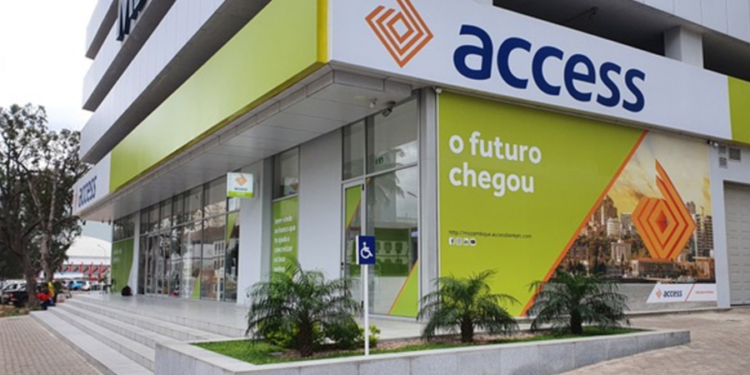
No Nigerian bank has undergone a transformation as dramatic as Access Bank. From a fringe player in the 1990s, it has built an empire.
The journey: Access Bank’s pivotal moment came in 2018 when it acquired Diamond Bank, instantly becoming Africa’s largest retail bank.
Today: With assets of ₦39.08 trillion in 2025, Access is Nigeria’s second richest bank and a continental heavyweight.
Legacy: The late Herbert Wigwe, who died tragically in 2024, is etched into its biography as the visionary who dared to make Access Bank bigger than life itself.
3. Zenith Bank: The Investor’s Darling (₦24+ trillion in assets)
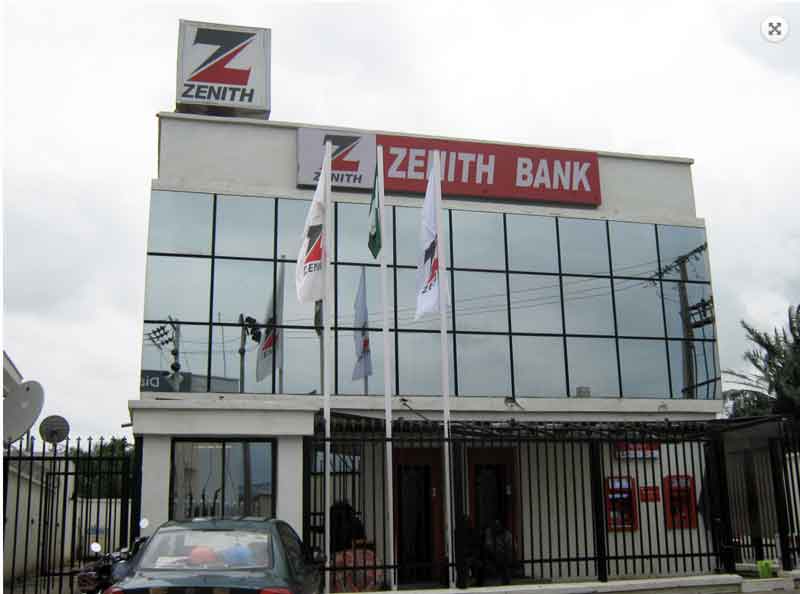
Zenith Bank, established in 1990 by Jim Ovia, has written its biography as Nigeria’s most profitable and investor-friendly bank.
The journey: Starting with just a few branches in Lagos, Zenith quickly became synonymous with corporate banking.
Today: With assets above ₦24 trillion, it continues to set the pace in shareholder value, dividends, and governance.
Legacy: Its story is that of discipline and consistency a reminder that in banking, reliability can be as powerful as ambition.
4. United Bank for Africa (UBA): Africa’s Global Banker (₦22+ trillion in assets)

Founded in 1949, UBA has one of the richest biographies in Nigerian banking.
The journey: From its early days as the British and French Bank Limited, UBA has reinvented itself multiple times, most recently under Tony Elumelu’s leadership.
Today: With assets of over ₦22 trillion, UBA is not just Nigerian but African operating in 20 African countries, London, Paris, and New York.
Legacy: Its story is one of ambition without borders, carrying Nigeria’s banking DNA into the global marketplace.
READ ALSO: Top 10 Richest Countries in the World 2025
5. First Bank of Nigeria: The Grandfather (₦20+ trillion in assets)

If Nigerian banking had a family tree, First Bank would be the patriarch. Founded in 1894 as the Bank of British West Africa, it has witnessed colonialism, independence, coups, oil booms, and digital revolutions.
The journey: From financing the cocoa trade in the early 20th century to driving fintech adoption today, First Bank has lived through every era of Nigerian economic history.
Today: With assets above ₦20 trillion, it remains a household name, trusted by millions of Nigerians across generations.
Legacy: Its biography is the story of Nigeria itself resilient, adaptive, and rooted in heritage.
6. Guaranty Trust Holding Company (GTCO): The Stylish Innovator (₦17+ trillion in assets)
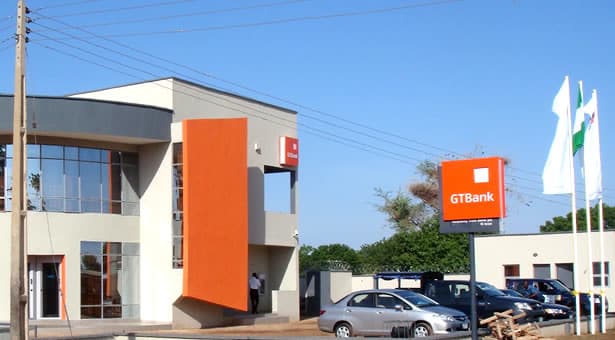
Founded in 1990 by Fola Adeola and Tayo Aderinokun, GTBank now GTCO has become the stylish face of Nigerian banking.
The journey: GTBank disrupted the industry by embracing technology early, appealing to young Nigerians with its bright orange branding.
Today: With assets above ₦17 trillion, GTCO has expanded into pensions, insurance, and fintech.
Legacy: Its biography reads like that of a creative artist bold, innovative, and forever setting trends.
7. Stanbic IBTC Bank: The Wealth Manager (₦15+ trillion in assets)
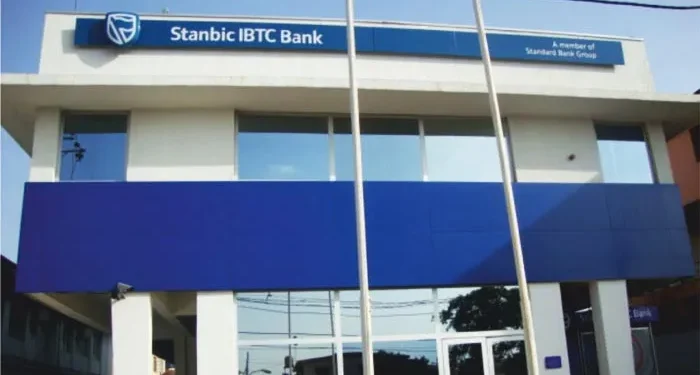
Born from the merger of Stanbic Bank Nigeria and IBTC Chartered Bank in 2007, Stanbic IBTC carries South African pedigree under the Standard Bank Group.
The journey: Known for its strength in corporate banking, investment banking, and pensions, it has become the bank of choice for Nigeria’s upper middle class.
Today: With assets crossing ₦15 trillion, it is a leader in wealth management.
Legacy: Its biography is one of trust and quiet strength, appealing to those who value security and planning.
8. Fidelity Bank: The Steady Climber (₦10+ trillion in assets)
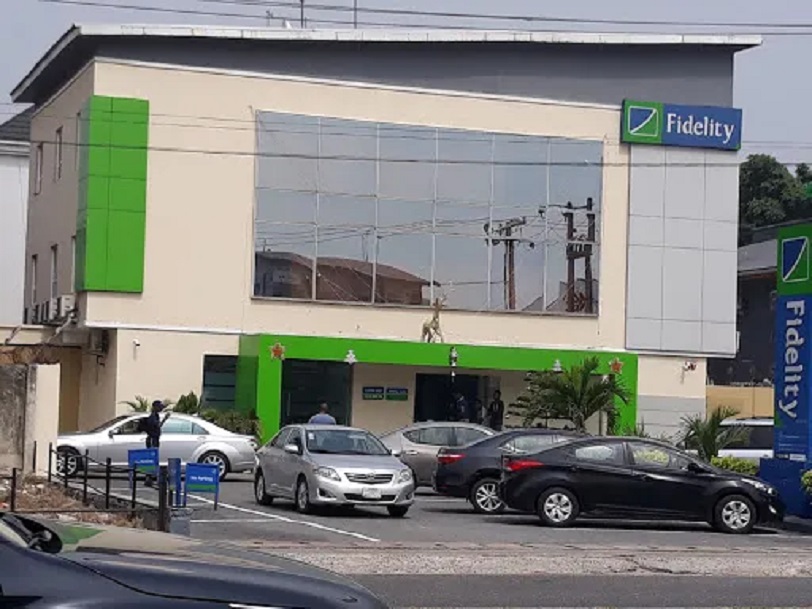
Fidelity Bank may not always dominate headlines, but its steady growth has made it one of Nigeria’s richest banks.
The journey: From its founding in 1988, Fidelity built loyalty through customer-friendly promos and SME financing.
Today: With assets above ₦10 trillion, it competes with the big names while retaining a grassroots connection.
Legacy: Its biography reflects patience and perseverance proof that consistency pays.
9. Union Bank of Nigeria: The Old Reliable (₦9+ trillion in assets)
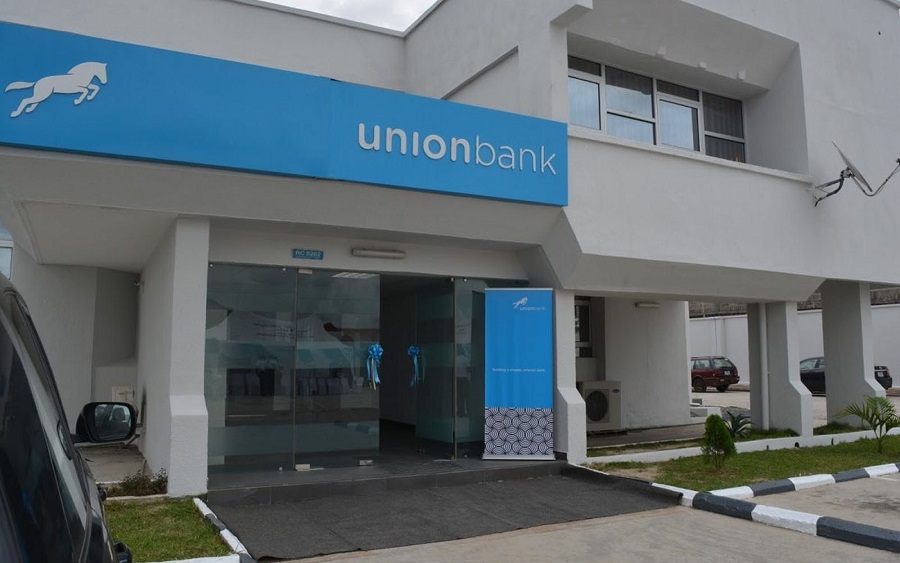
Founded in 1917 as Colonial Bank, Union Bank is one of Nigeria’s oldest.
The journey: Nicknamed “Big, Strong, Reliable,” Union Bank was for decades the benchmark of banking stability in Nigeria.
Today: With assets around ₦9 trillion, it has rebranded to appeal to a younger generation while holding onto its old values.
Legacy: Its biography is one of endurance, symbolizing survival across more than a century of Nigeria’s economic changes.
10. Polaris Bank: The Phoenix (₦6+ trillion in assets)

Polaris Bank emerged from the ashes of the collapsed Skye Bank in 2018.
The journey: Born during crisis, Polaris inherited both challenges and opportunities. Over time, it stabilized and began to grow steadily.
Today: With assets of about ₦6 trillion, Polaris has found a niche in retail and public sector banking.
Legacy: Its biography is one of rebirth a phoenix rising from the ruins of its predecessor.





